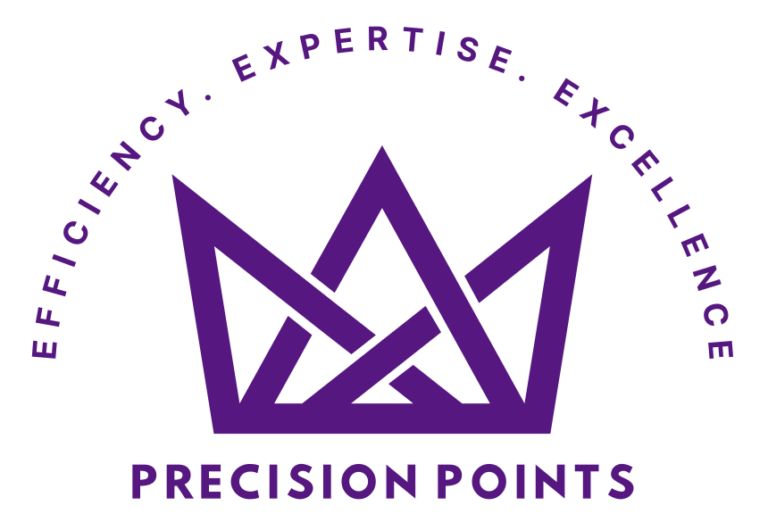
Navigating the landscape of 1099 contractors in Minnesota can be complex, especially with varying state and federal regulations. Whether you’re a business hiring independent contractors or a freelancer working under a 1099, understanding your rights and responsibilities is critical.
Who is a 1099 Contractor?
A 1099 contractor, also known as an independent contractor, is a self-employed individual who provides services to clients under a contract rather than as an employee. These individuals typically receive payment directly for their work and are issued a Form 1099-NEC (Nonemployee Compensation) at the end of the tax year if they earn $600 or more from a single payer.
Key Differences Between Contractors and Employees
In Minnesota, the distinction between an independent contractor and an employee is crucial. It is important not to allow operating in a gray area. An individual working as a contractor must meet each of the outlined qualifications. Misclassification can lead to penalties, so businesses must understand the difference:
- Control Over Work: Employees typically work under the direction and control of their employer, while contractors have autonomy in how, when, and where they complete their work.
- Tools and Equipment: Contractors usually supply their own tools and equipment, whereas employers provide these for employees.
- Payment Structure: Contractors are often paid per project or milestone, while employees receive hourly wages or salaries.
- Taxes and Benefits: Businesses do not withhold taxes or provide benefits like health insurance or paid leave to 1099 contractors. Contractors are responsible for their own taxes, including self-employment tax.
- Risk and Return: Contractors hold financial responsibility for their operating costs and profits.
Minnesota-Specific Considerations
Minnesota follows federal guidelines regarding independent contractors but also has unique state-level rules, particularly in industries like construction and trucking. For example:
- Construction Industry: Minnesota requires construction contractors to register with the Department of Labor and Industry (DLI). Misclassifying employees as independent contractors in this field can result in significant fines.
- Workers’ Compensation: While independent contractors are not eligible for workers’ compensation benefits from the hiring entity, some industries require proof of exemption or insurance coverage.
- Unemployment Insurance: 1099 contractors are not eligible for unemployment insurance through the hiring business, but misclassification could obligate the business to pay back taxes and penalties.
Pros and Cons of 1099 Contracting
For Businesses:
- Pros: Cost savings (no benefits or payroll taxes), flexibility, and specialized expertise.
- Cons: Limited control over work processes and potential risks of misclassification.
For Contractors:
- Pros: Independence, flexibility, and the ability to work with multiple clients.
- Cons: Lack of benefits, inconsistent income, and responsibility for self-employment taxes.
Tips for Businesses Hiring 1099 Contractors
- Use a Written Contract: Outline the scope of work, payment terms, and deadlines to protect both parties.
- Verify Contractor Status: Ensure the contractor meets the IRS common law rules regarding behavioral, financial, and relationship factors.
- File Required Forms: Issue Form 1099-NEC for payments of $600 or more and ensure compliance with state tax reporting.
Tips for Contractors
- Track Your Income and Expenses: Keep detailed records for tax purposes.
- Understand Self-Employment Taxes: Set aside funds to cover your tax obligations.
- Protect Yourself Legally: Consider obtaining liability insurance and drafting clear contracts with clients.
Common Pitfalls and How to Avoid Them
- Misclassification Risks: Businesses should avoid treating contractors as employees (e.g., setting strict work hours or micromanaging tasks).
- Failure to Document Agreements: Both parties should have signed contracts to avoid misunderstandings.
- Neglecting Taxes: Contractors should use tools like quarterly estimated tax payments to stay compliant.
Conclusion
The 1099 contractor model offers flexibility for both businesses and workers, but it comes with responsibilities and risks. Understanding the legal and tax implications is essential for maintaining compliance and fostering a successful working relationship.
If you have questions about hiring 1099 contractors or need assistance with tax and payroll compliance in Minnesota, Precision Points is here to help! Contact us today to ensure your business operates smoothly and legally.
4o

